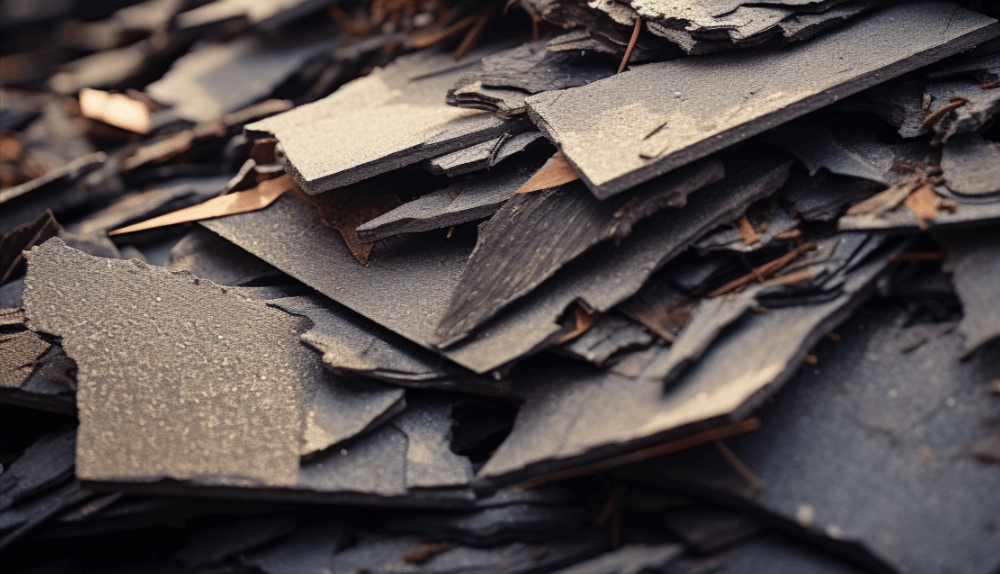
When it comes to construction and home repairs, the precision in matching materials can significantly influence the outcome of insurance claims and the overall integrity of the project. Enter ITEL Laboratories, a pivotal entity in this process, known for its expertise in providing unbiased, accurate matching of building materials.
What is an ITEL Report?
An ITEL report is a comprehensive document produced by ITEL Laboratories, designed to identify the closest available match for damaged building materials. This service covers a wide array of materials, including but not limited to flooring, roofing, and siding.
The essence of an ITEL report lies in its ability to offer an independent and objective analysis, thereby facilitating the most accurate replacement suggestions. Through meticulous testing and comparison against an extensive database of both current and discontinued products, ITEL provides invaluable insights that aid in the fair settlement of insurance claims and in executing high-quality repairs and renovations.
The Importance of Material Matching
Accurate material matching transcends mere aesthetics; it is a critical factor in maintaining the structural integrity and value of a property. For insurance claims, it ensures that homeowners are fairly compensated, allowing for replacements that are truly equivalent to the original materials. In renovations and repairs, precise matching preserves the architectural integrity and appearance of a building, preventing mismatched materials that can detract from its overall appeal and reduce its market value. Moreover, correct material matching can prevent potential issues related to the performance and durability of the repair work, ensuring that the new materials integrate seamlessly with the existing structure.
How ITEL Reports Are Generated

The process of generating an ITEL report begins with the collection of a sample of the damaged material, which is then sent to ITEL Laboratories. Upon receipt, ITEL employs a combination of scientific analysis and proprietary technology to evaluate the sample. This includes physical and chemical testing, comparison with an extensive database of materials, and, when necessary, consultation with manufacturers to identify the closest match or an acceptable alternative. The result is a detailed report that specifies the manufacturer, product name, and, if the original product is discontinued, the nearest current equivalent.
Components of an ITEL Report
An ITEL report is meticulously structured to provide clear, actionable information. It typically includes:
- Manufacturer Details: The name of the company that produced the original material.
- Product Name: The specific name or model of the original material.
- Comparable Products: If the original product is no longer available, the report will list the closest current matches, including details on where they can be sourced.
- Analysis Summary: A brief overview of the testing and analysis process, explaining how the conclusions were reached.
This information empowers stakeholders to make informed decisions regarding material replacement, ensuring that the end result is as close as possible to the original specifications.
Benefits of Using ITEL Reports
For insurance carriers, ITEL reports provide a basis for fair and accurate claim settlements, reducing disputes over material costs and quality.
Contractors and homeowners benefit from the assurance that repairs and renovations will use materials that match or exceed the quality of the original, preserving the property’s aesthetics and value. Additionally, ITEL reports can serve as a crucial tool in dispute resolution, offering an objective analysis that can help all parties agree on the most appropriate materials for a project.

Challenges and Considerations
While ITEL reports are highly valuable, obtaining them requires the physical collection and shipment of material samples, which may not always be feasible or timely. Furthermore, the analysis is limited to the information and samples available, meaning that extremely rare or custom-made materials may not have a readily available match. Users should also be aware of the turnaround time for receiving a report, which can vary depending on the complexity of the analysis and the current workload of the laboratory.
Common FAQs
Q: What is the typical turnaround time for receiving an ITEL report?
A: The standard processing time for an ITEL report is typically within 2-5 business days from when the laboratory receives the sample. However, this timeframe can vary based on the complexity of the analysis required and the current volume of requests being processed by the lab.
Q: Can ITEL accurately match custom-made materials?
A: ITEL specializes in identifying the closest commercially available matches for materials. While they excel at finding equivalents for a wide range of standard and discontinued products, matching custom-made materials may present a challenge. In such cases, ITEL will provide the closest match from existing commercial products, but it’s important to note that an exact match for custom materials may not always be possible.
Q: How much does it cost to obtain an ITEL report?
A: The cost for an ITEL report can vary depending on the type of material being analyzed and the specific services required. For the most accurate and up-to-date pricing, it’s recommended to contact ITEL Laboratories directly or visit their website. Generally, the investment in an ITEL report is offset by the value it provides in ensuring accurate material matching and facilitating fair insurance settlements.
Q: Do I need to provide a large sample for analysis?
A: The size of the sample required for analysis depends on the type of material and the nature of the damage. ITEL provides guidelines on the minimum sample size needed for different materials, which is usually small and manageable. Detailed instructions on how to collect and send samples are available on ITEL’s website, ensuring that you provide an adequate sample for a conclusive analysis.
Q: Is an ITEL report accepted by all insurance companies?
A: ITEL reports are widely recognized and accepted by the majority of insurance companies due to their reputation for accuracy and objectivity in material matching. However, acceptance can vary among insurance carriers and individual adjusters. It’s advisable to check with the specific insurance company involved in your claim to confirm that they accept ITEL reports as part of their claims processing procedure.
